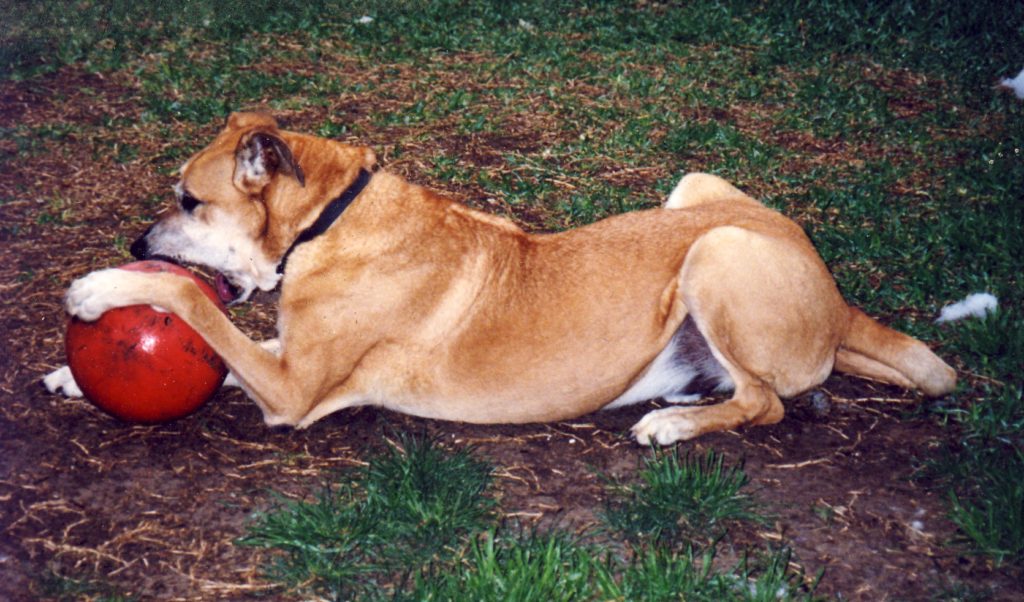
This explanation begins, as many of my explanations do, with Chester Burnett, aka, “Howlin’ Wolf.” He was an extraordinary blues singer, and a gifted guitarist. One of the enraging aspects of white musicians’ appropriation of blues songs, melodies, riffs, and so on was that so many of them did nothing to ensure that the artists they were plagiarizing got any credit, let alone money (*cough* *cough* Led Zeppelin). Some, however, leveraged their fame to draw attention to the artists whom they admired. And that’s what happened in the “London Sessions.”
Eric Clapton, Charlie Watts, Steve Winwood, and Bill Wyman played with Howlin’ Wolf and his long-time guitarist Hubert Sumlin. For the most part, Wolf didn’t play guitar on the album cuts, but he’d show them how he played the piece.
On the album version, there is a cut called “Little Red Rooster, false start.” Wolf is showing how the guitar for “Little Red Rooster” is supposed to work, and someone, probably Eric Clapton, says he wants Wolf to play along with them because he isn’t sure what he’s supposed to do. “If you played with us, then we’d able to follow you better,” he says, going on to add, “I doubt if I can do it without you playing along.” Wolf says, and I quote, “Aw, c’mon, you ain’t got nothin’ to do but count it off.” And then he gives simple instructions about how to do what he’s doing.
The unintentional irony is that his simple instructions don’t match what he actually does. The instructions are simple, but he does something much more complicated. It might seem simple to him because he’s been playing that way for years, and it’s clearly in the realm of intuition. Perhaps he’s describing what he used to do, or how he thinks about what he’s doing, but it isn’t what he’s doing.
Perhaps Clapton just wanted Wolf on the recording, and so said he needed to follow. But it’s also possible that he genuinely wanted to follow because Wolf was doing something complicated and possibly new. Wolf is working with seasoned guitarists—they aren’t new to the blues, let alone to guitar playing—but it’s possible they’re new to the specific thing he’s doing.
It’s in my signature to remind me about advice. And I think it’s something we should all remember when giving advice.
One of the things about writing a dissertation, academic article, first book, or second book for the first time is that the people doing it are good writers.[1] They’re very accomplished at academic writing. After all, they are faced with writing a dissertation, or first book, or second book because they wrote well enough to get them to that somewhat new challenge. But they are new to this very specific thing they’re now trying to do.
And something I noticed was that advanced scholars often gave very “simple” pieces of advice that were tremendously well intentioned, but neither simple nor what that person actually did. “Just write” isn’t bad advice, exactly, but it’s along the lines of, “Just calm down” or “Just cheer up,” or “Just ignore it.” If a person could do it, it would solve the problem. But, if they could “just” do that, they wouldn’t have the problem at all in the first place.
Write for one hour every day, write from four to six a.m., never play music, always play music, never research while you write, write a rigid outline before your start, never outline…and so on aren’t exactly bad pieces of advice, but, like Wolf’s “You just count it off” and “You always stop at the top,” it’s simpler than what we actually do. And I think it’s useful to keep that in mind.
[1] Writing a second book is surprisingly different from writing a first one. I don’t know why.
